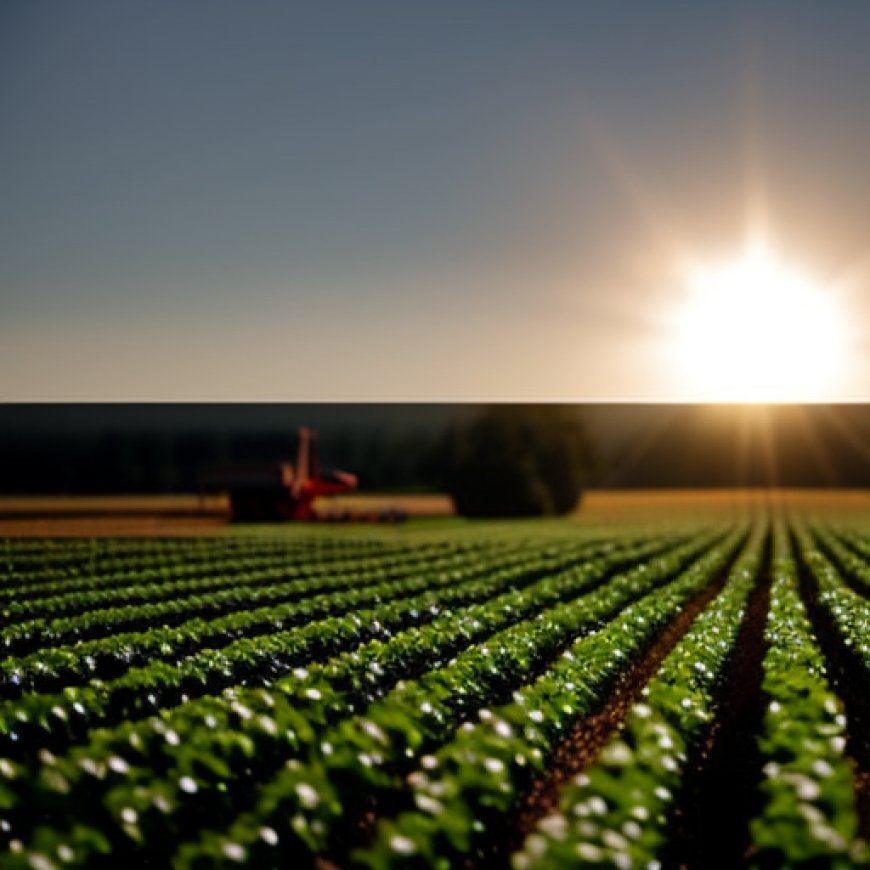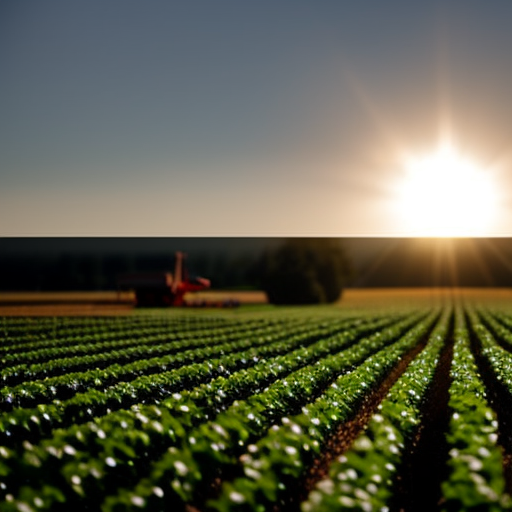Apply now for the Spring Farm Agronomic Practices Program
Apply now for the Spring Farm Agronomic Practices Program Vermont Biz


Farm Agronomic Practices Program (FAP)
The Farm Agronomic Practices Program (FAP) utilizes state funding to help Vermont farms implement soil-based agronomic practices that:
- improve soil quality
- increase crop production
- reduce erosion and agricultural waste discharges
The FAP program also provides education and instructional activity grants to support outreach regarding the impacts of agricultural practices on water quality and current state agricultural water quality regulations.
Grants are limited to $10,000 per farm operation per State fiscal year (July 1st to June 30th).
Applications for Spring field practices (installed from April 1st to June 30th) are due by April 15th. Click below for more program details and instructions on how to apply!
New England Leopold Conservation Award Seeks Nominees

The Leopold Conservation Award honors farmers and forestland owners who go above and beyond in their management of soil health, water quality, and wildlife habitat on working land.
The Sand County Foundation and the American Farmland Trust present the award to private landowners in 27 states.
Nominations may be submitted by or on behalf of a landowner in CT, ME, MA, NH, RI, or VT. The award is $10,000.
Application deadline: June 28th
Made in Vermont Marketplace on April 6th and 7th

The Made in Vermont Marketplace is being held at the DoubleTree Hotel in South Burlington on April 6th and 7th to celebrate and welcome visitors for the solar eclipse.
Vermont companies can register to exhibit their products to an audience of thousands in one weekend. The trade show is dedicated to promoting the great variety of Vermont-made products including furniture, specialty foods, clothing, wines, and so much more! Exhibit booths are still available, register now!
| SDGs | Targets | Indicators |
|---|---|---|
| SDG 2: Zero Hunger | 2.4: By 2030, ensure sustainable food production systems and implement resilient agricultural practices that increase productivity and production. | – Crop production increase – Soil quality improvement |
| SDG 6: Clean Water and Sanitation | 6.3: By 2030, improve water quality by reducing pollution, eliminating dumping, and minimizing release of hazardous chemicals and materials. | – Reduction in erosion and agricultural waste discharges – Water quality improvement |
| SDG 12: Responsible Consumption and Production | 12.4: By 2020, achieve environmentally sound management of chemicals and all wastes throughout their life cycle, in accordance with agreed international frameworks, and significantly reduce their release to air, water, and soil to minimize their adverse impacts on human health and the environment. | – Promotion of responsible consumption and production |
Behold! This splendid article springs forth from the wellspring of knowledge, shaped by a wondrous proprietary AI technology that delved into a vast ocean of data, illuminating the path towards the Sustainable Development Goals. Remember that all rights are reserved by SDG Investors LLC, empowering us to champion progress together.
Source: vermontbiz.com

Join us, as fellow seekers of change, on a transformative journey at https://sdgtalks.ai/welcome, where you can become a member and actively contribute to shaping a brighter future.







